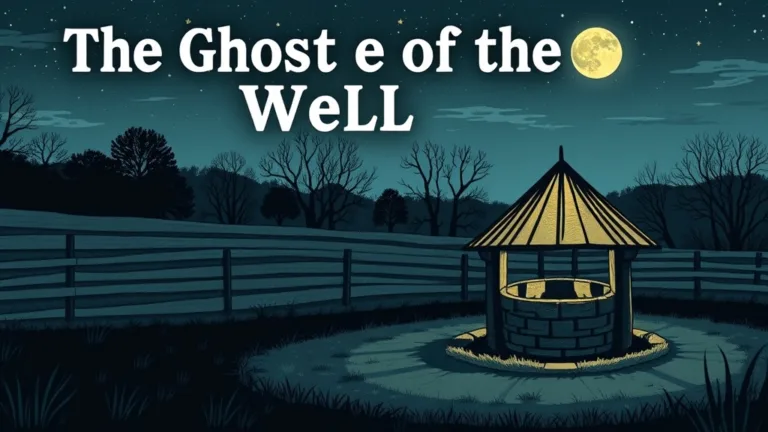In a significant turn of events, the United Nations Security Council recently passed a resolution calling for an immediate ceasefire in Gaza. This move, notably, did not face a veto from the United States, marking a departure from its previous stance and signaling a growing divide between the US and its long-standing ally, Israel.
The resolution, which also demanded the immediate and unconditional release of all hostages, comes amid a protracted conflict that has ravaged Gaza for months. What makes this development particularly noteworthy is the shift in the US position, which had previously blocked similar resolutions, citing ongoing negotiations between Israel and Hamas.
Israeli Prime Minister Benjamin Netanyahu’s office expressed regret over the US decision, stating that it undermined efforts to secure the release of hostages by providing Hamas with unwarranted hope. Israel’s defense minister further emphasized that Israel would not halt its offensive in Gaza as long as hostages remained in captivity.
On the Palestinian side, the UN resolution was met with a sense of overdue relief. Riyad Mansour, the Palestinian representative to the UN, highlighted the toll the conflict has taken on Gaza’s population and underscored the necessity of an immediate ceasefire.
Hamas, the Palestinian Islamist group governing Gaza, also welcomed the resolution, expressing readiness to engage in a prisoner exchange process. However, they maintained that any hostage release must be reciprocated by Israel’s release of Palestinian prisoners held in Israeli jails.
The Security Council’s vote saw the US abstaining while the remaining 14 members voted in favor—a move that reflects a hardening of the US stance towards Israel’s offensive. Despite this, the US clarified that its decision did not signify a shift in policy but rather a recognition of the ongoing negotiations for a ceasefire and hostage releases.
UN Secretary-General Antonio Guterres emphasized the urgency of implementing the resolution to secure a ceasefire and the release of hostages. The resolution, which binds Israel legally but not Hamas as the latter is not a state, imposes an obligation on Israel to cease military operations for the remainder of the Muslim holy month of Ramadan.
The resolution’s passage marks a departure from the US’s historically staunch support for Israel in the UN Security Council. While the US has been critical of Israel’s actions and has urged for greater aid delivery to Gaza, the resolution represents a tangible step towards addressing the humanitarian crisis in the region.
The UN resolution on Gaza signifies a significant shift in dynamics, with the US refraining from exercising its veto power and opting for a more balanced approach towards the conflict. However, the true test lies in the implementation of the resolution and the ability of all parties involved to honor their commitments towards achieving a lasting ceasefire and addressing the humanitarian crisis in Gaza.



